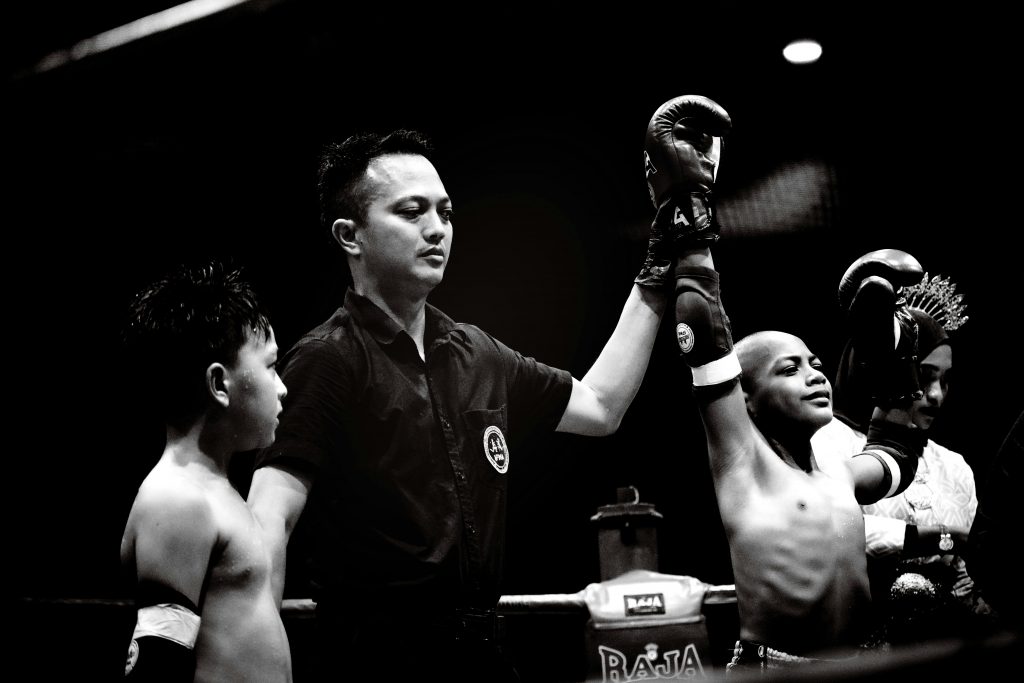When Malaysia launched Vision Sukan Negara 2030 (VSN 2030), it wasn’t just about producing more medals or world-class athletes — it was about creating a sporting culture that unites the nation, strengthens communities, and improves the overall well-being of every Malaysian.
This long-term blueprint redefines what sports mean to Malaysia: not just competition, but a way of life. From professional athletes to weekend joggers, every citizen has a role to play in turning Malaysia into a true Sporting Nation by 2030.
1. The Purpose Behind Vision Sukan Negara 2030
VSN 2030 was officially introduced by the Ministry of Youth and Sports (KBS) as a strategic framework to elevate Malaysia’s sporting ecosystem. Its vision is simple yet powerful:
“To make Malaysia a sporting nation driven by excellence, unity, and wellness.”
At its core, VSN 2030 aims to:
- Build a sporting culture that touches every layer of society.
- Empower athletes, coaches, and sports administrators with modern systems and facilities.
- Foster economic growth through sports, including tourism and entrepreneurship.
- Promote national unity and pride through shared sporting experiences.
The vision goes beyond medals. It recognizes sports as a national movement that shapes identity, discipline, and resilience — qualities that strengthen Malaysia’s social fabric.
2. The Six Strategic Thrusts of VSN 2030
To achieve its mission, VSN 2030 is built on six main pillars, known as the strategic thrusts:
1️⃣ Sporting Culture for All
Encouraging Malaysians to integrate physical activity into daily life. This means more public sports programs, open-air fitness spaces, and campaigns that make movement fun and accessible.
2️⃣ High-Performance Sports Excellence
Focusing on elite athlete development, world-class coaching, and science-based training — spearheaded by the National Sports Institute (ISN) and national sports associations.
3️⃣ Sports Industry Development
Growing the sports economy through local manufacturing, events, sponsorships, and digital platforms — making sports a career and business opportunity.
4️⃣ Sports Talent Ecosystem
Enhancing scouting systems in schools, universities, and grassroots communities to identify and nurture future champions from an early age.
5️⃣ Sports Infrastructure & Innovation
Building and upgrading facilities — from community halls to high-tech training centers — while integrating technology, data analytics, and green design.
6️⃣ Good Governance in Sports
Ensuring transparency, accountability, and professionalism in all sporting bodies to strengthen public trust and long-term sustainability.
Together, these pillars form a comprehensive national roadmap, ensuring that progress happens at every level — from the kampung futsal court to international tournaments.
3. A New Era for Malaysian Athletes
Malaysia has produced incredible athletes over the decades — from Datuk Lee Chong Wei to Azizulhasni Awang and Nicol David — who proved that Malaysians can shine globally.
VSN 2030 is designed to multiply these success stories, not by luck, but by system.
Through the ISN, athletes now receive data-driven training, sports psychology support, and nutrition guidance comparable to top Olympic programs. Universities and local councils are being encouraged to integrate performance centers that double as community facilities.
More importantly, VSN 2030 focuses on athlete welfare — ensuring sportsmen and sportswomen receive education, career support, and post-retirement pathways.
No athlete should be left behind after their competitive years end.
4. Building from the Ground Up: The Grassroots Revolution
While elite sports capture headlines, the true foundation of a sporting nation lies in the grassroots movement.
Through partnerships with schools, youth organizations, and NGOs, VSN 2030 promotes early sports participation. Initiatives like:
- “Fit Malaysia” events that combine fun runs, cycling, and fitness challenges.
- “Sports for All” campaigns to encourage families to move together.
- Community sports leagues managed by local councils to discover hidden talent.
The goal is simple — make sports part of everyday Malaysian life.
Imagine every neighborhood having accessible facilities, weekend leagues, and health-oriented communities. This not only builds fitter Malaysians but also stronger social bonds that transcend race, age, and background.
5. Sports as an Economic Driver
VSN 2030 also sees sports as an engine for economic growth. Globally, the sports industry is worth over USD 500 billion — and Malaysia wants a piece of that pie.
Key focus areas include:
- Sports Tourism: Hosting international events like MotoGP and Ironman Langkawi to attract visitors and showcase Malaysia’s hospitality.
- Sports Technology: Encouraging startups that create fitness apps, wearable sensors, and data analytics tools.
- Sports Entrepreneurship: Helping athletes and local businesses monetize sports through merchandising, events, and sponsorships.
By professionalizing the industry, Malaysia can create thousands of jobs while positioning itself as a regional sports hub in Southeast Asia.
6. Inclusivity and National Unity Through Sports
One of the most beautiful aspects of VSN 2030 is its emphasis on inclusivity.
Sports, at its heart, unites Malaysians beyond race, religion, or political belief. Whether it’s cheering for Harimau Malaya or running in a community marathon, the shared experience builds solidarity.
The vision also highlights gender equality, para-sports, and sports for differently-abled communities — ensuring that everyone, regardless of ability or background, has the opportunity to participate and excel.
This inclusivity reflects Malaysia’s broader social vision: stronger together through shared passion.
7. How Malaysians Can Play Their Part
VSN 2030 isn’t just for athletes or government agencies — it’s for everyone.
Here’s how everyday Malaysians can contribute:
- Be Active: Join local runs, play badminton, or take evening walks. Every step counts.
- Support Local Sports: Attend local matches, follow national teams, and buy from Malaysian sports brands.
- Volunteer: Offer time at community events or youth programs.
- Encourage Youth: Inspire children to play, compete, and dream big.
- Promote Positivity: Celebrate effort and sportsmanship, not just victory.
Small actions, multiplied by millions, can turn Malaysia into a vibrant, healthy, and united sporting nation.
8. The Road to 2030
With five years left until 2030, Malaysia is well on its way to realizing this vision.
The foundation is being laid — from improved facilities and athlete funding to broader participation campaigns and digital sports innovation.
But achieving the dream of a true sporting nation requires collective effort — government, private sector, and citizens moving in one direction.
VSN 2030 reminds us that sports aren’t just games; they’re the heartbeat of a healthy nation — shaping discipline, teamwork, and pride in who we are as Malaysians.
Conclusion
Vision Sukan Negara 2030 represents more than just policy — it’s a movement.
A movement to redefine what it means to be Malaysian: active, resilient, united, and proud.
From the smallest futsal court in a rural village to the grand stages of the Olympics, Malaysia’s journey to becoming a sporting nation begins with one shared belief —
That through sports, we can build a stronger Malaysia.

